The Minority Health Disparities Initiative engages stakeholders to identify critical knowledge and service gaps in communities all over Nebraska. Our team works directly with communities and researchers to develop collaborative research teams and integrates the community at every step and within every aspect of the research process. Together we build innovative projects that address these identified gaps. Our mixed-methods approach combines social science quantitative research strategies with Community Based Participatory Research and facilitates community relationship building for health disparities researchers who seek to have a social impact on the communities that their research serves.
Current Projects
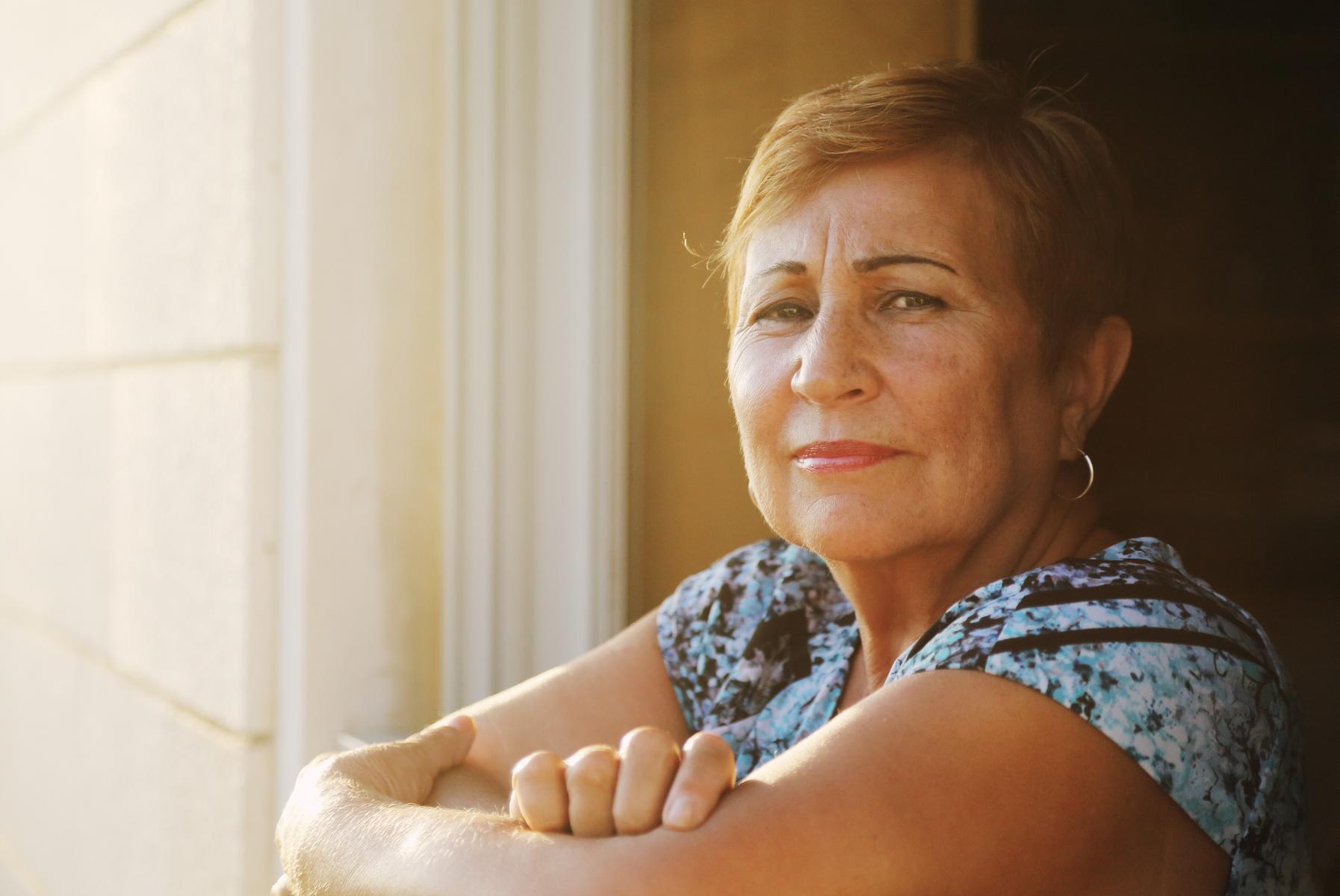
Chronic Stress, Discrimination, and Latinx Health
Core Faculty Drs. Tierney Lorenz and Trey Andrews are leading a NIH funded longitudinal study focused on examining how discrimination drives allostatic stress and this chronic stress impact of social networks and health of Latinx in Nebraska. Evelyn Estrada and Juan Castano are coordinating recruitment and data collection of ArDEAN. This study consists of a baseline lab visit and Ecological Momentary Assessments (EMA) surveys that are sent out up to 4 weeks following the baseline visit. During the first visit, biological data (e.g., blood pressure, BMI, cholesterol) will be collected along with saliva samples utilized to measure cortisol or stress levels. Participants will also complete baseline surveys used to collect demographic information, social networks, mental health symptoms, and participant health. Once participants have completed the baseline measures, they will begin receiving “daily diary” messages aimed to measure stressful experience through the course of 4 weeks. A year and two years after the initial baseline, participants will be asked to complete follow-up visits. Participants are recruited using prior community connections established by Sara Reyes and in partnership with El Centro.
Meet Tierney Lorenz Meet Trey Andrews
Questions? Contact Trey Andrews.
Past Projects
COVID-19 Vaccine Disparities Among Latinos
Principal Investigator: Trey Andrews
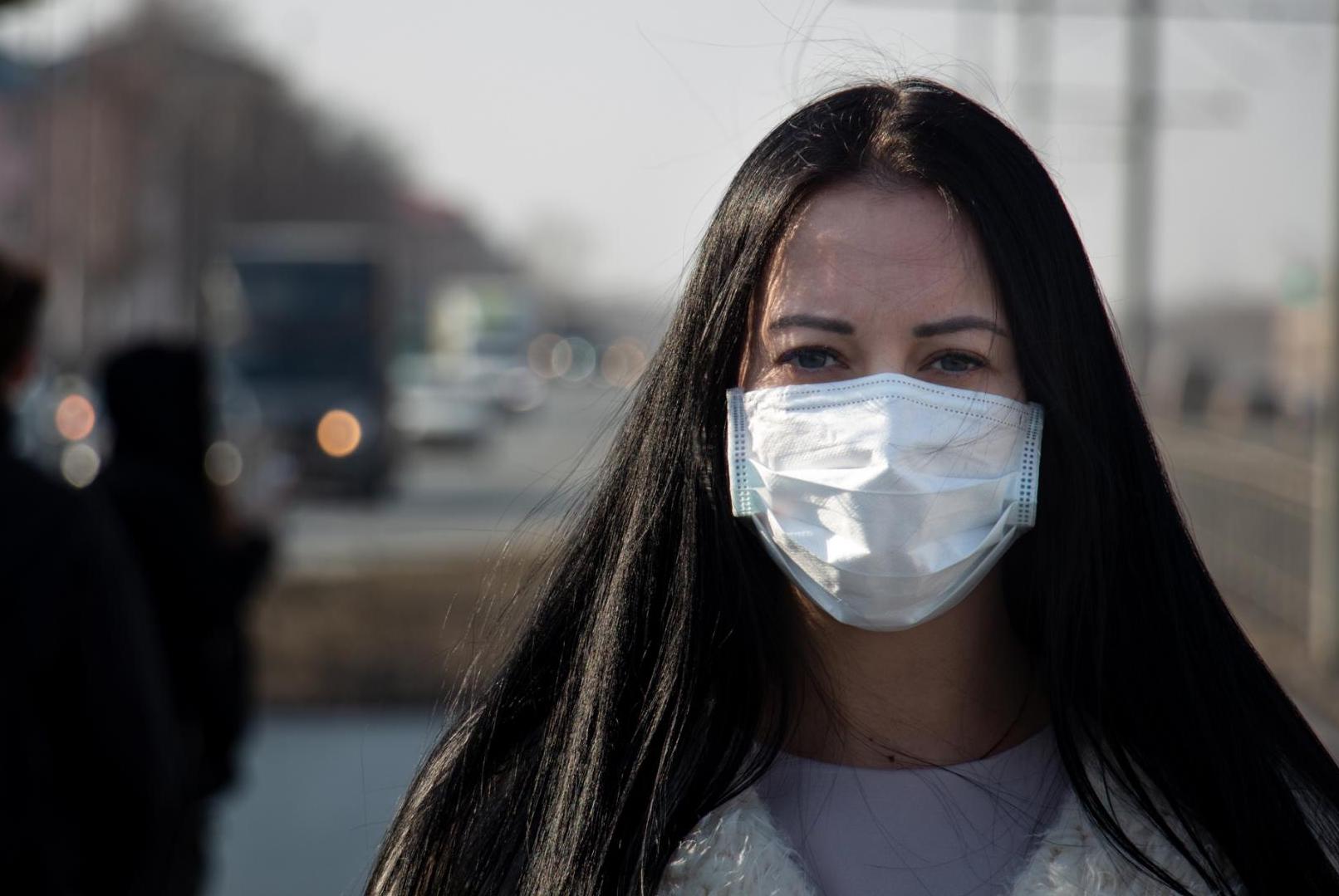
Pulling together resources from multiple sources, Co-Director Trey Andrews was able to secure a state contract to greatly expand research regarding COVID-19 vaccine uptake and partner with El Centro de las Américas to address these disparities. The project consists of two phases of interviews with Lincoln-area Latinx residents. These interviews focus on vaccine uptake, vaccine hesitation, trusted sources of information, and trusted sources of healthcare. During the first phase, El Centro conducted traditional educational outreach. Since collection of the first wave of data, Andrews has collaborated with El Centro to re-prioritize vaccine outreach strategies based on data indicating that the largest barriers to vaccine uptake was not hesitancy but structural barriers, like travel and worries about cost. The collaborative team have new secured agreements with community providers to conduct “walk up” COVID-19 vaccine clinics targeting areas where Latinx residents often frequent. The second phase of interviews will help assess the efficacy of this approach, but primarily identify continued areas of need related to COVID-19 disparities, including potential lingering mental health concerns.
This project was able to be executed because of prior ORED funding for Andrews that allowed him to establish and refine similar interview procedures in meatpacking areas. Already, approximately 600 Latinx residents of Lincoln who otherwise would not have received vaccines, have now received them. This contract played a significant role in funding the outreach and planning that took place for these special vaccine clinics directed toward areas with high Latinx populations (e.g., Cristo Rey). These numbers also comprise approximately 10% of the COVID-19 vaccinations among all Latinx residents and have measurably reduced the racial/ethnic gap in COVID-19 vaccinations. These efforts will continue until the contract expires later this year when additional contracts will be sought, and data will be leveraged to pursue federal funding. These efforts also offer sustainable strategies for other community partners who have assisted with the vaccine clinics in that they now have effective strategies for improving vaccine equity in our community. Currently, this project is being expanded beyond Lincoln to recruit participants in Grand Island with the help of UNL Extension. This project will recruit 100 participants to assess vaccine hesitancy among Central Nebraskans.
Meet Trey Andrews Learn More About El Centro de las Américas
Questions? Contact Trey Andrews.
Systems-based Community Intervention Development: A Multilevel CBPR Approach to Enhancing Health Care Services and Communication in Meatpacking Communities
Co-Investigators: Virginia Chaidez & Angela Palmer-Wackerly
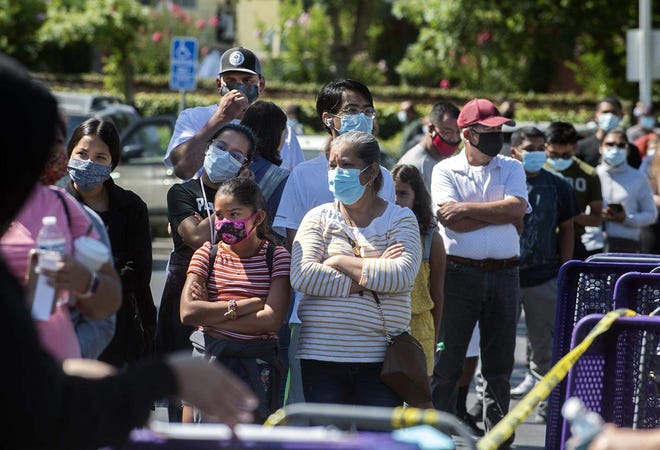
In recent months, rural communities with meatpacking plants have been hit hard by SARS-COV-2 and its related disease, COVID-19, exacerbating already existent health disparities among rural and im/migrant individuals and families. In Nebraska, counties with meatpacking plants have led the state in confirmed cases per capita, while Latinx residents have comprised the majority of confirmed COVID-19 cases statewide despite representing only 11.4% of the state population. In order to minimize the risk and effects of resurgent spread, effective community interventions will need to engage multiple systems, including increasing effective cooperation across trusted systems that may improve public health engagement and communication. Building on our history of effectively partnering with rural communities across Nebraska, we propose a qualitative study design with an interdisciplinary team across two NU institutions (UNL and UNMC), who will conduct focus groups (and individual interviews when necessary) with multiple stakeholders—health care providers, community health workers, adult community members, adolescent community members, schools, health departments, and cultural/religious leaders—to (1) identify systemic factors contributing to overall risk and impact of COVID-19, including attitudes, behaviors, experiences, challenges, resources, policies, and trusted communication and information sources related to COVID-19; and (2) provide feedback on an extant statewide mobile phone application (i.e., Answers4Families: Nebraska Resource and Referral System), which is in its early implementation phase. The current study will serve as pilot data to inform a future multilevel intervention to ensure reliable, timely, and accurate dissemination of COVID-19 risk and mitigation information across the most at-risk rural communities.
Questions? Contact Trey Andrews.
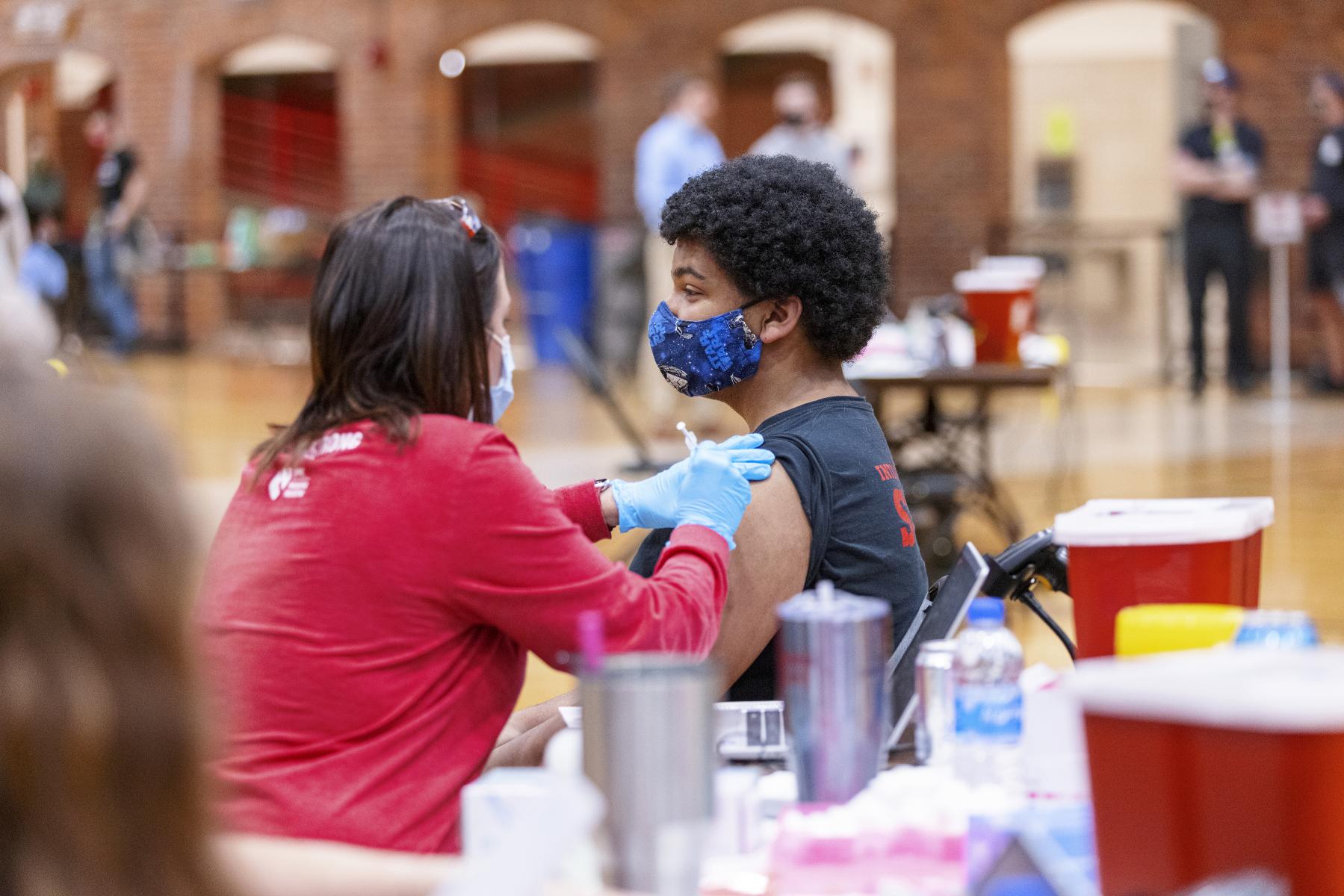
Pop-Up COVID-19 Vaccine Clinics in Rural Areas
Data from the COVID-19 Vaccine Disparities Project was used to identify barriers to vaccine uptake. Using this data, MHDI organized a pop-up vaccine clinic at Smithfield in Crete with the help of El Centro, Public Health Solutions, the City of Crete, and Smithfield. This clinic provided employers with their preferred option of the COVID-19 vaccine. From this event, Public Health Solutions was able to build capacity to coordinate clinics and continue providing vaccines to those in Smithfield.
Questions? Contact Trey Andrews.
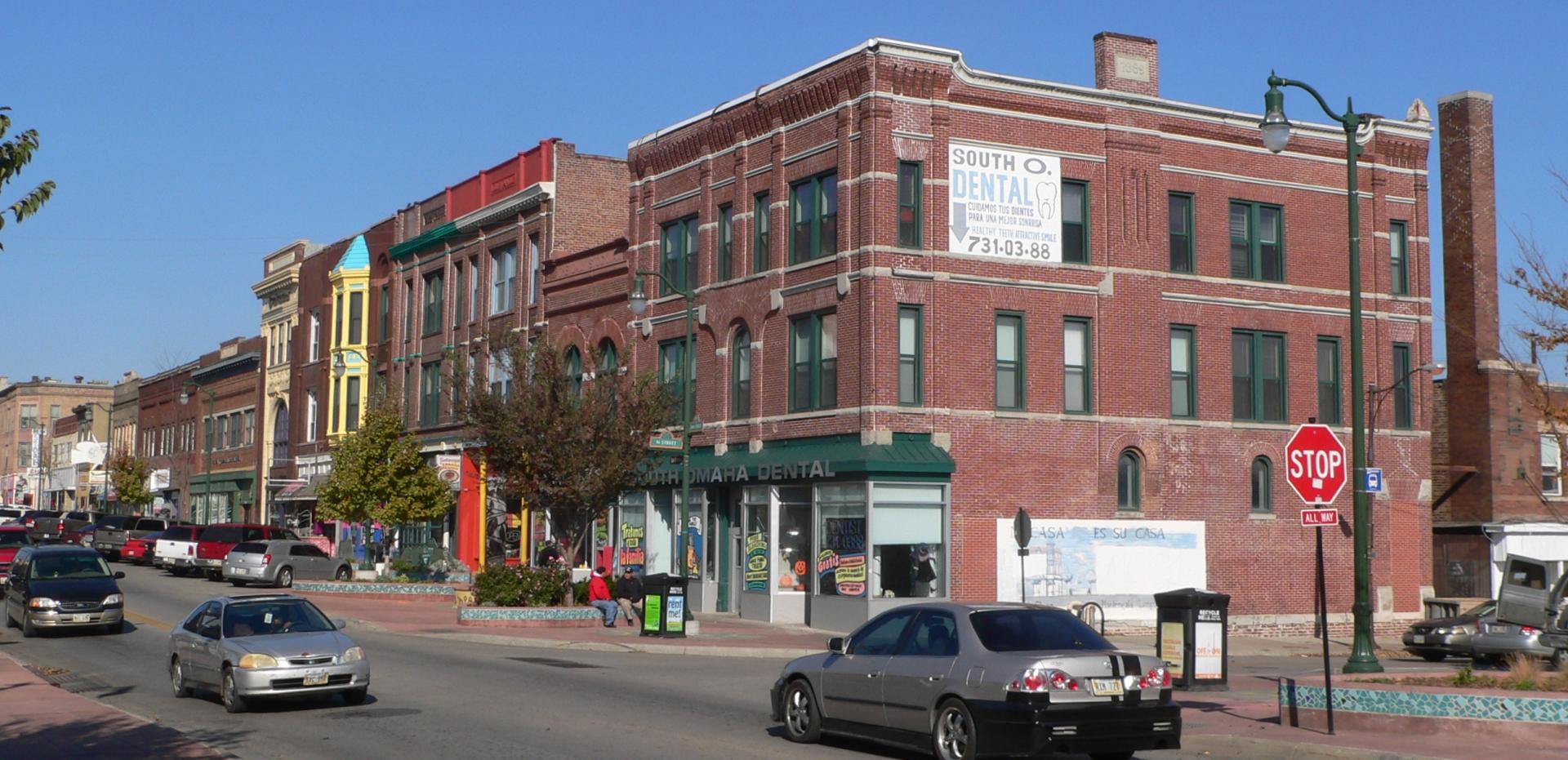
Constructing Assessments to Identify Social Determinates of Health among South Omaha Latinx
MHDI assisted with developing the center’s annual community needs assessment, utilizing social determinants of health to address health disparities among Omaha area residents. The Latino Center of Midland primarily serves Latinx in South Omaha and throughout the Omaha area and provides various programs related to workforce education and health. This assessment helped identify the current needs of clients and Omaha residents and feedback that will be utilized for future center programming. This collaboration was helpful in developing community connections.
Questions? Contact Trey Andrews.
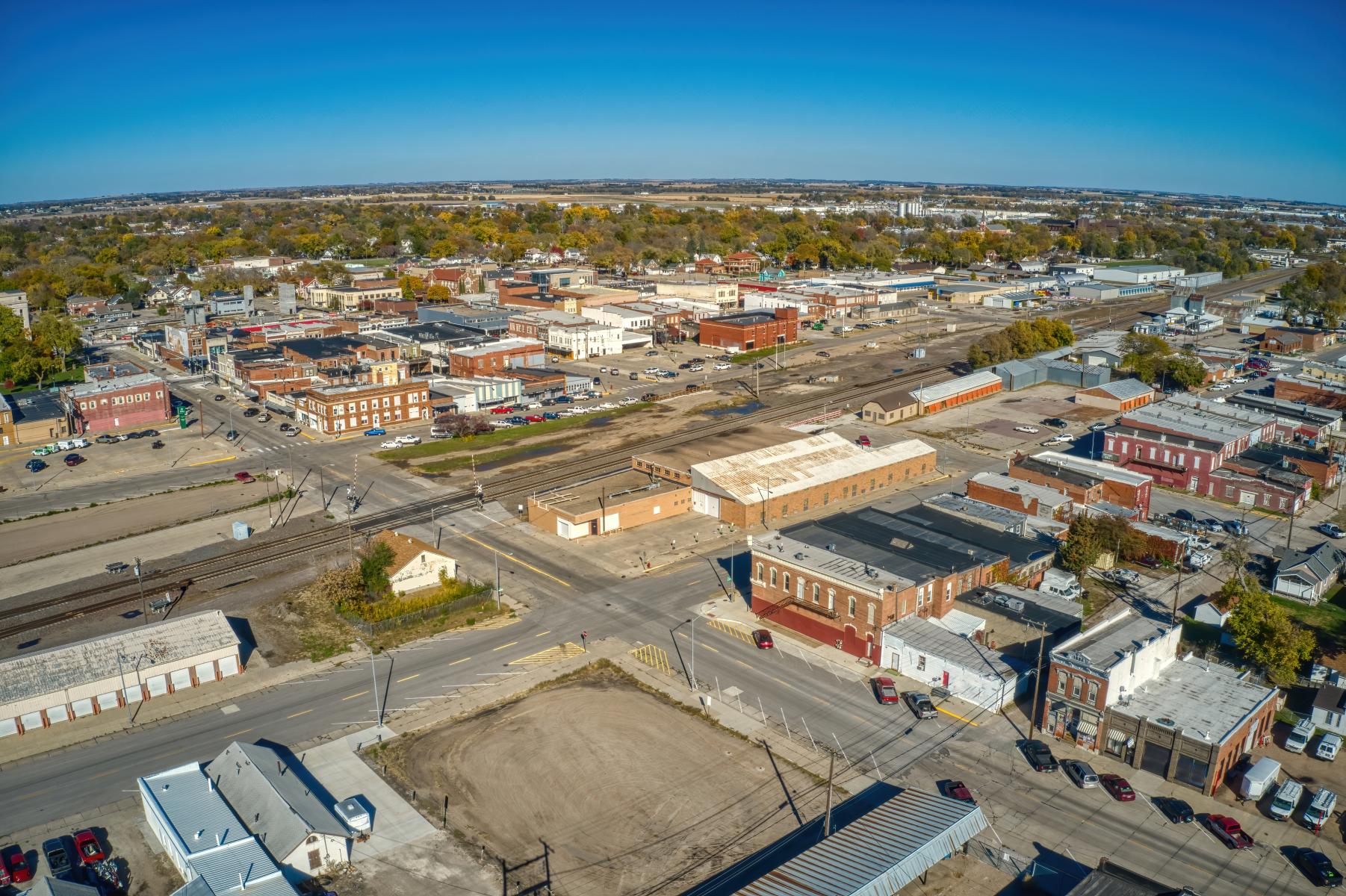
Latinx Immigrants Health Status and Healthcare Utilization in Grand Island
MHDI investigators are expanding on a previous project to assess immigration trauma and health among Latinx immigrants in Grand Island. Feedback from MHDI partners was used to modify the original study to increase the study’s impact on immigrants beyond the Lincoln area. Participants completed an hour-long survey that helps MHDI researchers understand healthcare access and barriers, experiences of discrimination, mental health (e.g. depression and trauma), mental health stigma, and preferences in desired resources for addressing mental health issues. This project aims to recruit 200 Latinx immigrants in rural Nebraska and be utilized as a tool to 1) expand on knowledge of mental health among Latinx immigrants in rural Nebraska 2) identify preferences in mental health resources, 3) allow for MHDI to continue building rapport with our community partners.
Questions? Contact Trey Andrews.